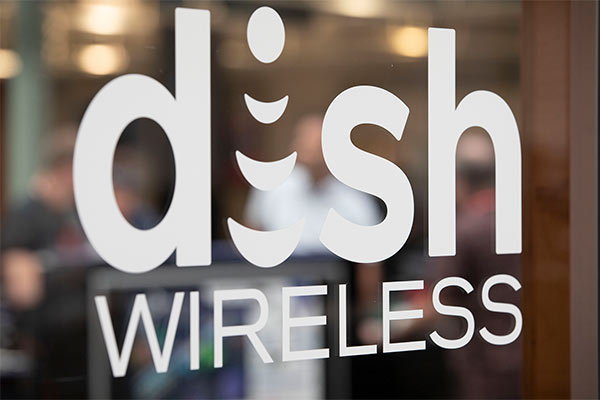Dish claims to have already spent $1 billion on 800 MHz-ready radios
Dish Network has asked for another 10 months to put together enough funding to buy T-Mobile US’ 800 MHz spectrum, citing “unprecedented turbulence in the global capital markets” that makes the cost of purchasing the spectrum “substantially more onerous than anticipated.”
In other words, interest rates are higher than Dish expected when it agreed to the purchase option back in 2020—pre-Covid, pre-supply-chain-crunch, pre-rising-interest-rates—and it needs more time to gather enough financing: including the close of its recently announced merger with EchoStar that it says will improve its access to financing.
Dish said that it and T-Mobile US this week asked the Federal Communications Commission to transfer the licenses—but it doesn’t have the cash to finalize that purchase, whenever the FCC decides to approve it. So the request to the FCC was accompanied by asking the court where the spectrum purchase was hammered out (as part of the settlement to allow the merger of Sprint and T-Mobile US to go forward), to extend the legal deadline by which T-Mo has to divest those licenses.
“This 10-month period … will provide Dish with time it needs to raise additional capital and obtain financing as it continues to expand and monetize its network, necessary prerequisites to Dish being able to complete the 800 MHz Spectrum License acquisition as anticipated,” Dish said in a filing with the U.S. District Court for the District of Columbia, adding that it is “merely seeking additional time to secure the financing it needs to consummate the acquisition after the parties receive FCC approval.”
Dish said that if it isn’t granted the extension, its ability to be the competitive fourth facilities-based provider envisioned in the settlement will be harmed.
According to Dish’s filing, T-Mobile US’ lawyers opposes the 10-month extension for the carrier to divest its licenses; presumably, the carrier could find a buyer other than Dish, which has the first option to buy those airwaves.
The spectrum at issue totals about 13.5 megahertz of nationwide airwaves at 817-824 MHz/862-869 MHz, which Dish has an option to purchase for $3.59 billion. That section of the 800 MHz band is formerly Sprint (and formerly Nextel) spectrum which was the focus of a divestiture effort as part of the Department of Justice deal that allowed the T-Mo/Sprint merger to go through. Under a spectrum purchase agreement made as part of the deals related to Dish acquiring Sprint’s prepaid business and infrastructure access, Dish was expected to buy all of those 800 MHz spectrum licenses, totaling approximately 13.5 MHz of nationwide wireless spectrum. If Dish walks away from the spectrum purchase, it has to pay a $72 million fee to T-Mobile US and $360 million to the U.S. government—but there was also a stipulation that Dish didn’t have to pay anything to the United States if it had deployed a core network and was offering 5G service to at least 20% of the U.S. population within three years of closing on its purchase of Sprint’s prepaid wireless business.
Dish said in the filing that it already has less low-band spectrum than the remaining national operators and that in “many” areas, its uplink capacity is constrained—so it needs that 800 MHz, it says, and also claims to have spent more than $1 billion in deploying radios that are compatible with 800 MHz spectrum.
Dish argues that the 10-month extension holds both the possibility of lower interest rates, as well as likely improvement in the company’s financial position due to the merger with EchoStar.
Dish would be taking on additional debt to buy the 800 MHz spectrum, on top of already significant amounts of debt. The company has $5 billion coming due in 2024 and 2025, which it has stated in public filings that doesn’t have the funds to pay; several financial analysts have suggested that Echostar could provide more assets to borrow against and that Dish really only needs to be able to stay in operation until 2026, when it can legally sell some of its spectrum.
In a research note after Dish’s most recent quarterly report, TD Cowen analysts said that the company’s results were “good enough” and that as far as the Echostar deal, “The operational combination and talk of synergies take a backseat to the funding capacity that the deal could bring to Dish.” Dish said the Echostar deal enables it to raise an additional $10 billion in spectrum-backed debt, according to the TD Cowen analysts, plans to spend just $2 billion in the 2024-2025 timeframe to build its 5G network to meet 2025 FCC requirements. “This network will be bare-bones to reach the shot-clock as it builds a true 5G network over time when the lucrative P5G market materializes. … Dish simply needs to get to 2026 when regulators will allow Dish to sell its pieces or all of its valuable spectrum, or sell the company outright, to the Big 3 if necessary,” the research note concluded.

